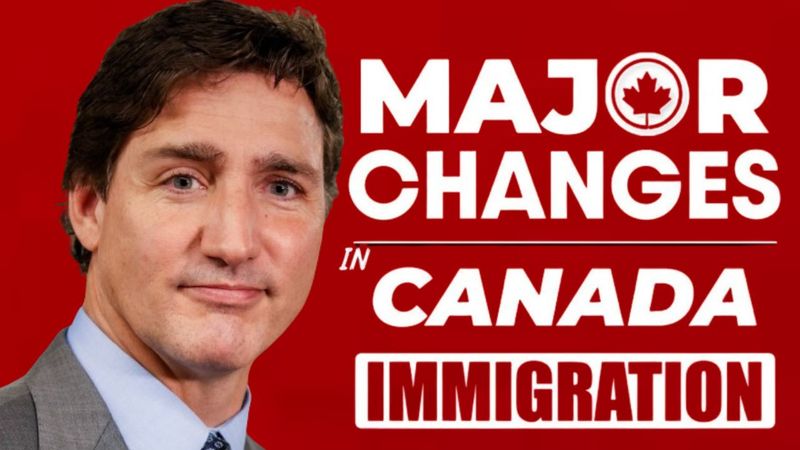The Canadian government, led by Minister Marc Miller, has introduced new measures to better manage temporary residency. These changes are aimed at ensuring immigration programs meet Canada’s economic needs while maintaining fairness and security.
The government wants to attract skilled workers to help the economy grow and keep the immigration system strong and responsive. Minister Miller emphasized that not everyone who wants to come to Canada will be able to, and the goal is to support newcomers and ensure the system remains trustworthy. These measures are part of Canada’s larger immigration plan for 2025–2027, which will be announced in November 2024.
Quick Facts:
- Temporary residents will make up 5% of Canada’s population by 2026, down from 6.5%.
- In 2025, study permits will be reduced to 437,000 and remain steady in 2026.
- Changes to the Post-Graduation Work Permit (PGWP) will require applicants to show language skills.
- New rules will limit work permits for spouses of master’s students and workers in certain sectors.
- The 2024 budget includes $743.5 million to support Canada’s asylum system.
- More details will be shared on the government’s website soon.
Key Changes to Immigration Programs
Among the most impactful reforms is a planned reduction in the issuance of international student permits. For 2025, the number of study permits issued will be cut by 10% from the 2024 target of 485,000, bringing the new cap to 437,000. The government will stabilize this cap for 2026, ensuring that immigration aligns with Canada’s capacity to support newcomers adequately.
The Post-Graduation Work Permit Program (PGWP) will also be updated, with stricter eligibility requirements that reflect labor market needs. Applicants will soon need to demonstrate a minimum level of language proficiency, with specific benchmarks set for university and college graduates. Additionally, spouses of master’s degree students and foreign workers will face new limitations on work permit eligibility, depending on the length and type of study program or employment sector.
These measures are designed to prioritize Canadian workers, according to the Honourable Randy Boissonnault, Minister of Employment, Workforce Development, and Official Languages, who emphasized that “more Canadians are now qualified to fill open positions.”
Addressing Asylum and Visa Integrity
Canada is also addressing the rising number of asylum claims influenced by increasing global displacement. In response, the government is introducing a partial visa requirement for Mexican nationals and enhancing measures to detect fraud within the asylum and visa systems. These changes are part of broader efforts to maintain the fairness and integrity of Canada’s immigration framework.
Got travel questions? Join our whatsapp channel and get answers on the go!
